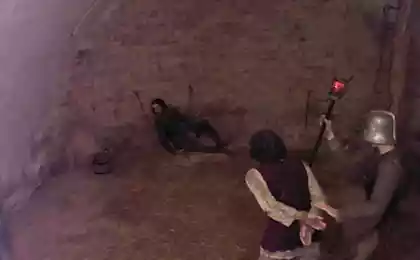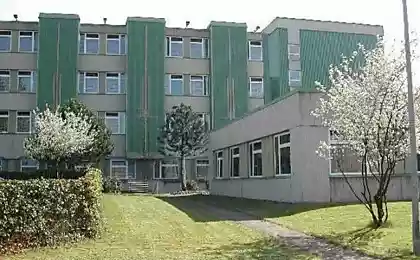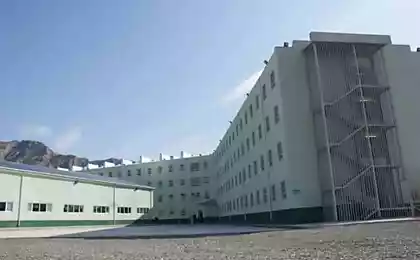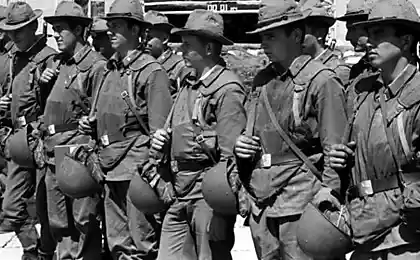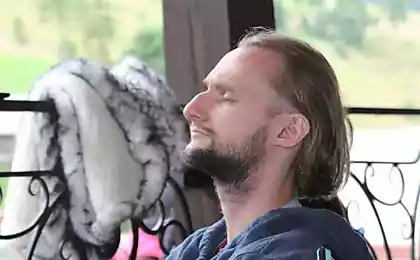909
Turemenia therapy
A prison cell is not a good place to relieve stress, but many South Koreans don’t think so. A special institution called “Prison Inside Me”, where everyone is offered to feel like a prisoner for a short time for a reasonable fee, is located on the outskirts of the city of Hongcheon, 58 km northeast of Seoul.
The unusual prison is run by 47-year-old Kwon Yong-Suk, who previously practiced law. According to Kwon, the idea of such extravagant stress relief came to him when lawyering began to occupy almost all my free time: “I did not know how to take a break from work, I felt that I was doing it against my will and could not control my life.” The Korean turned to a friend who worked in one of the penitentiary institutions to help him get behind bars for a week, so Kwon hoped to distract himself from the routine and restore vitality. The lawyer tried to convince the friend that he needed the camera only for therapeutic purposes, but the request was rejected, so Kwon decided to take matters into his own hands.
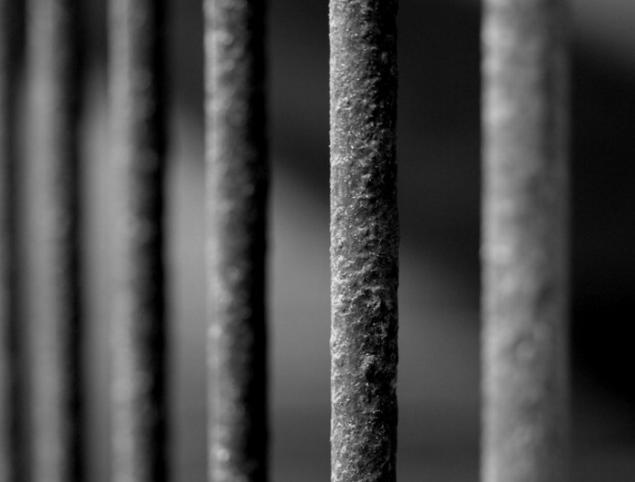
An enterprising lawyer has developed a prison project in which everyone can spend several days, if desired, to distract from everyday work and relax. The complex of buildings cost almost 2 billion won (about $ 19 million), and although Kwon borrowed most of this amount, the Korean himself claims that profit is not the main thing for him.
7271.
The cost of a two-day anti-stress course is 150,000 won (approximately $146) and almost everything is like in a real prison: guests are confiscated personal belongings, including books and cell phones, dressed in the same uniform and placed in solitary confinement. Each cell has everything you need to practice spiritual practices and reflect on life – a small table, toilet and sink. Also, voluntary “prisoners” are invited to attend meditation classes, spiritual classes and group trainings.
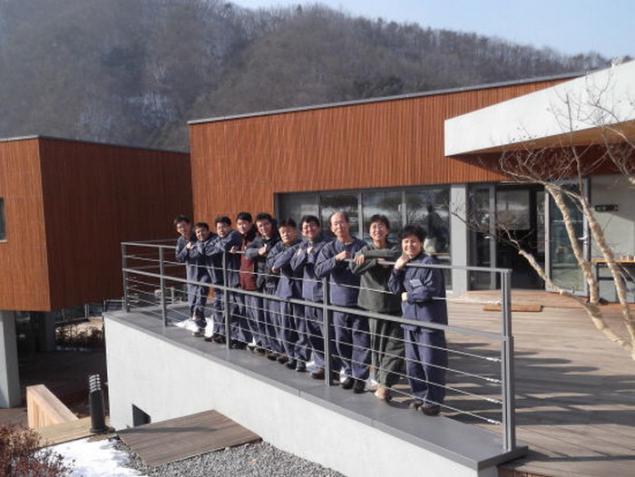
Kwon Yong-suk believes that his institution is too warm and clean for a real prison, and two days for a full-fledged stress relief is not enough, but as practice shows, workaholics are simply not ready to stay for a longer period. However, those who have undergone therapy note that voluntary incarceration has helped them to sort themselves out and get rid of the constant stress, and according to Kwon, this is quite natural: “Often people look only forward, but I believe that sometimes we need to look back and reflect on the way we have already traveled.”
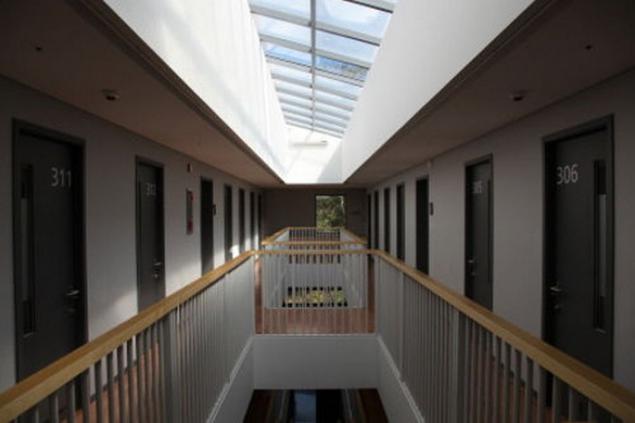
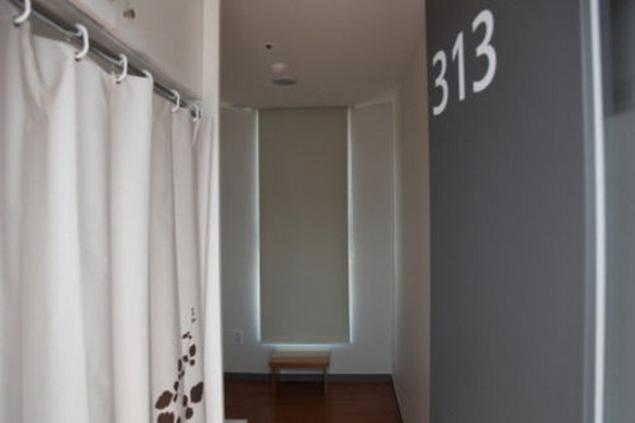
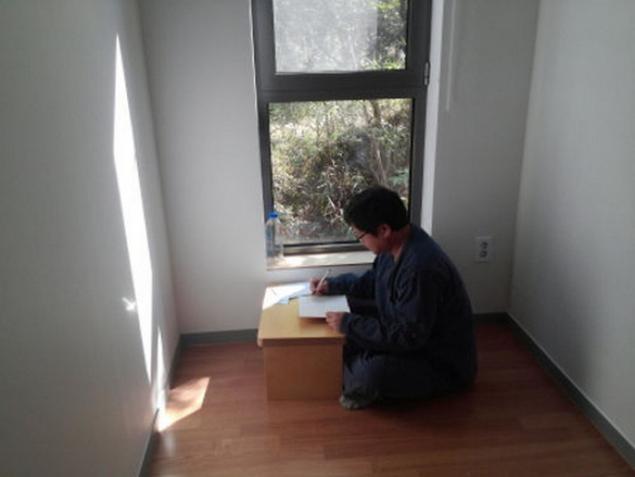
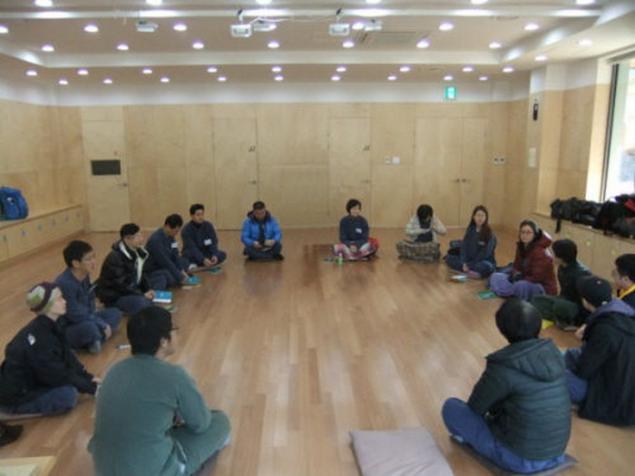
The unusual prison is run by 47-year-old Kwon Yong-Suk, who previously practiced law. According to Kwon, the idea of such extravagant stress relief came to him when lawyering began to occupy almost all my free time: “I did not know how to take a break from work, I felt that I was doing it against my will and could not control my life.” The Korean turned to a friend who worked in one of the penitentiary institutions to help him get behind bars for a week, so Kwon hoped to distract himself from the routine and restore vitality. The lawyer tried to convince the friend that he needed the camera only for therapeutic purposes, but the request was rejected, so Kwon decided to take matters into his own hands.

An enterprising lawyer has developed a prison project in which everyone can spend several days, if desired, to distract from everyday work and relax. The complex of buildings cost almost 2 billion won (about $ 19 million), and although Kwon borrowed most of this amount, the Korean himself claims that profit is not the main thing for him.
7271.
The cost of a two-day anti-stress course is 150,000 won (approximately $146) and almost everything is like in a real prison: guests are confiscated personal belongings, including books and cell phones, dressed in the same uniform and placed in solitary confinement. Each cell has everything you need to practice spiritual practices and reflect on life – a small table, toilet and sink. Also, voluntary “prisoners” are invited to attend meditation classes, spiritual classes and group trainings.

Kwon Yong-suk believes that his institution is too warm and clean for a real prison, and two days for a full-fledged stress relief is not enough, but as practice shows, workaholics are simply not ready to stay for a longer period. However, those who have undergone therapy note that voluntary incarceration has helped them to sort themselves out and get rid of the constant stress, and according to Kwon, this is quite natural: “Often people look only forward, but I believe that sometimes we need to look back and reflect on the way we have already traveled.”













